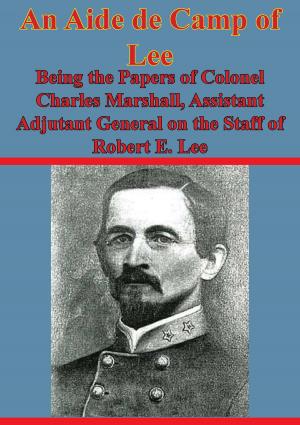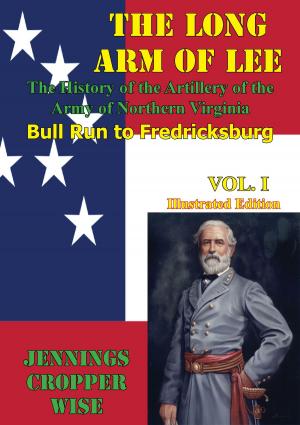Study Of The Leadership Displayed By Lieutenant General Thomas Jonathan Jackson During The American Civil War
Nonfiction, History, Modern, 19th Century, Americas, United States, Civil War Period (1850-1877), Military| Author: | Major Perry C. Casto Jr. | ISBN: | 9781782895107 |
| Publisher: | Golden Springs Publishing | Publication: | August 15, 2014 |
| Imprint: | Golden Springs Publishing | Language: | English |
| Author: | Major Perry C. Casto Jr. |
| ISBN: | 9781782895107 |
| Publisher: | Golden Springs Publishing |
| Publication: | August 15, 2014 |
| Imprint: | Golden Springs Publishing |
| Language: | English |
Confederate Lieutenant General Thomas J. Jackson is considered one of the greatest tacticians who ever lived. His Valley Campaign of 1862 is a classic example of the effective use of maneuver warfare. While much has been written about Jackson’s tactics, very little attention has been paid to his leadership of the soldiers who executed his tactical plans. The United States Army’s recent emphasis on maneuver warfare has stressed the importance of leadership in the conduct of such warfare. This study is an analysis of Jackson’s military leadership as he commanded units from brigade to corps level in the Confederate Army of Northern Virginia to determine if he met the requirements of a good leader as those requirements are defined by current US Army doctrine. The study uses current Army doctrine as the basis to judge the effectiveness of Jackson as a leader. It discusses Jackson’s background and its effect on the character of his leadership, the leadership that he displayed during the Civil War, and then compares his actions to current doctrine. The study concludes that while some of Jackson’s actions deviated significantly from today’s doctrinally sound leadership practices, in the aggregate his leadership was congruous with current doctrine and contributed to his success as a field commander.
Confederate Lieutenant General Thomas J. Jackson is considered one of the greatest tacticians who ever lived. His Valley Campaign of 1862 is a classic example of the effective use of maneuver warfare. While much has been written about Jackson’s tactics, very little attention has been paid to his leadership of the soldiers who executed his tactical plans. The United States Army’s recent emphasis on maneuver warfare has stressed the importance of leadership in the conduct of such warfare. This study is an analysis of Jackson’s military leadership as he commanded units from brigade to corps level in the Confederate Army of Northern Virginia to determine if he met the requirements of a good leader as those requirements are defined by current US Army doctrine. The study uses current Army doctrine as the basis to judge the effectiveness of Jackson as a leader. It discusses Jackson’s background and its effect on the character of his leadership, the leadership that he displayed during the Civil War, and then compares his actions to current doctrine. The study concludes that while some of Jackson’s actions deviated significantly from today’s doctrinally sound leadership practices, in the aggregate his leadership was congruous with current doctrine and contributed to his success as a field commander.
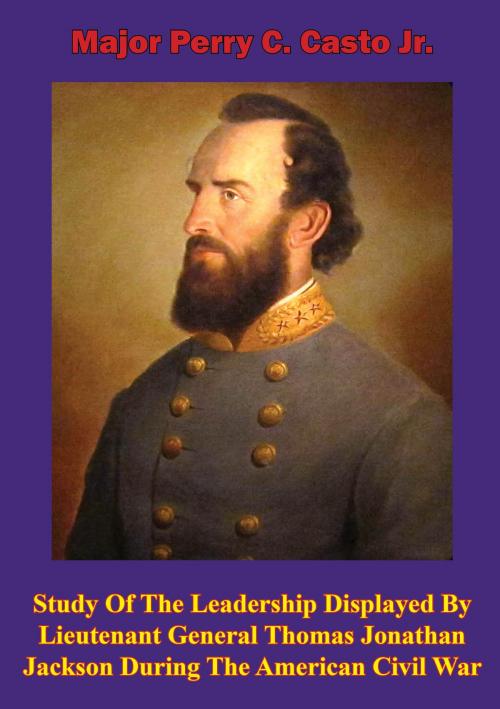

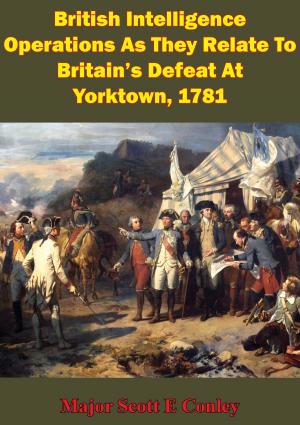
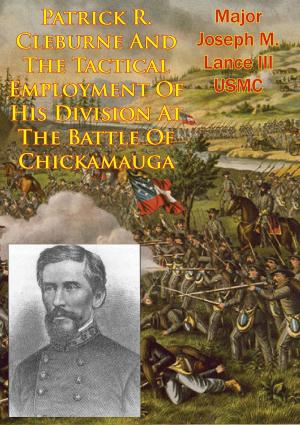
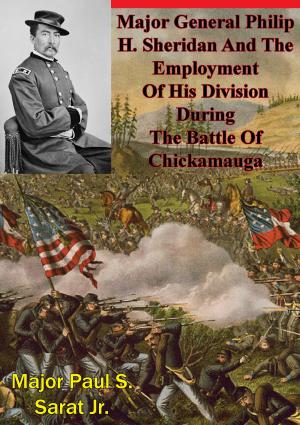
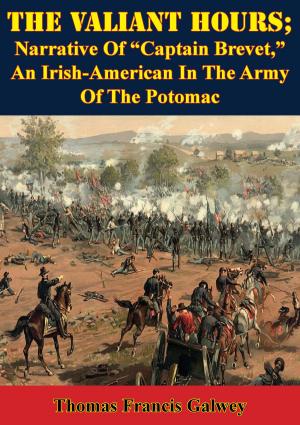



![Cover of the book Dragoon Or Cavalryman, Major General John Buford In The American Civil War [Illustrated Edition] by Major Perry C. Casto Jr.](https://www.kuoky.com/images/2014/august/300x300/9781782895015-fa7T_300x.jpg)
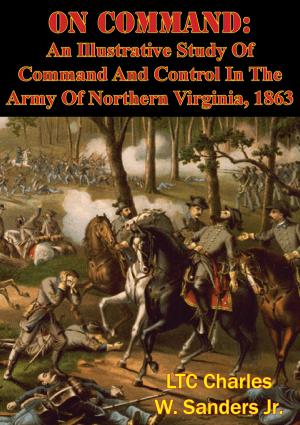

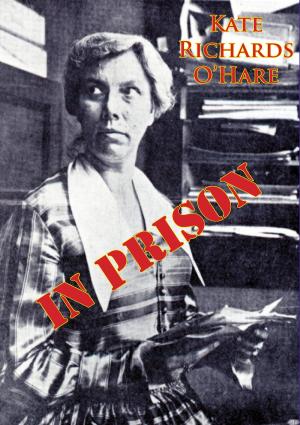
![Cover of the book The Battle of Gettysburg [Illustrated Edition] by Major Perry C. Casto Jr.](https://www.kuoky.com/images/2016/july/300x300/9781786259530-fW5O_300x.jpg)
